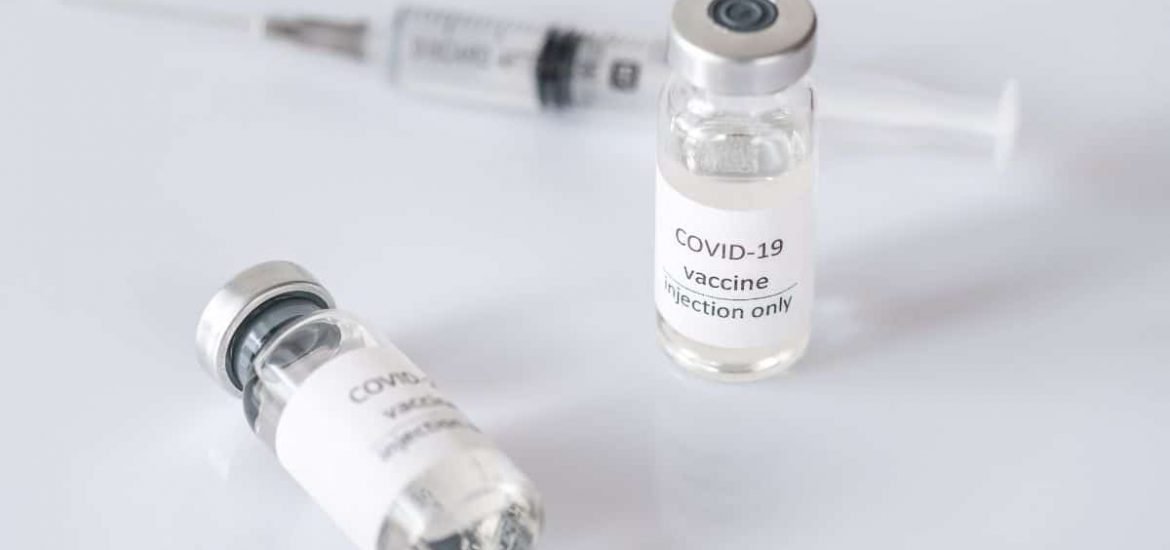
On Monday 21 December, the European Medicines Agency (EMA) recommended conditional approval for the use of the BioNTech-Pfizer coronavirus vaccine across the 27-nation EU bloc.
The approval of the Amsterdam-based EMA has paved the way for EU countries to begin rolling out their vaccination campaigns before the end of the year. Although, the decision still requires the approval of the European Commission, expected to be announced later on Monday.
Germany, Austria, and Italy said they plan to begin administering the vaccine on 27 December. The vaccination programmes across Europe will initially target frontline healthcare workers and elderly residents of care homes but will likely not reach the general public until next spring.
At an online press conference head of the EMA Emer Cooke said: “I am delighted to announce that the EMA scientific committee met today and recommended a conditional marketing authorisation in the EU for the vaccine”.
“Our scientific opinion paves the way for the first marketing authorisation in the EU. It is a significant step forward in the fight against this pandemic that is causing suffering and hardship”.
“Our thorough evaluation means that we can confidently assure EU citizens of the safety and efficacy of this vaccine and that it meets necessary quality standards. However, our work does not stop here. We will continue to collect and analyse data on the safety and effectiveness of this vaccine to protect people taking the vaccine in the EU”.
Commission President Ursula von der Leyen said the approval is a “decisive moment in our efforts to deliver safe and effective vaccines to Europeans”. In a statement, German President Frank-Walter Steinmeier told citizens that getting the vaccination against COVID-19 would be an “act of solidarity with all of humanity.”
The EMA has been under intense scrutiny for the slow pace at which it has the Pfizer-BioNTech vaccine. The approval meeting was initially planned for 29 December but was pushed forward. Britain and the US approved the Pfizer-BioNTech vaccine weeks ago and began their vaccination programmes earlier this month.
The vaccine has also been approved by regulatory agencies in Canada, Switzerland, Singapore, Qatar and Bahrain. And just last week, the Federal Drug Administration in the US also approved Moderna’s vaccine for emergency use.
The EMA recommendation comes on the heels of a new highly infectious strain of the coronavirus discovered in the UK, with nearly 20 EU countries suspending travel links with the region. Cooke stated there is “no evidence” that the Pfizer/BioNTech vaccine would not work against the new variant.